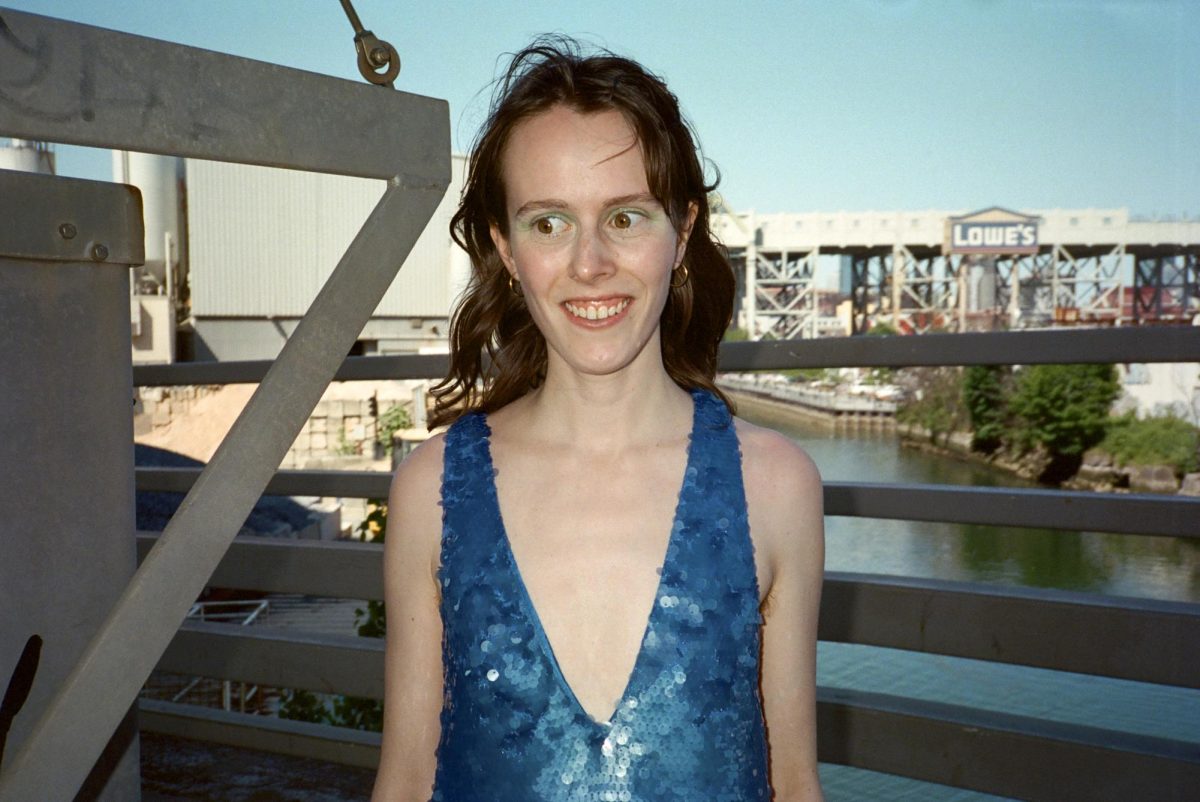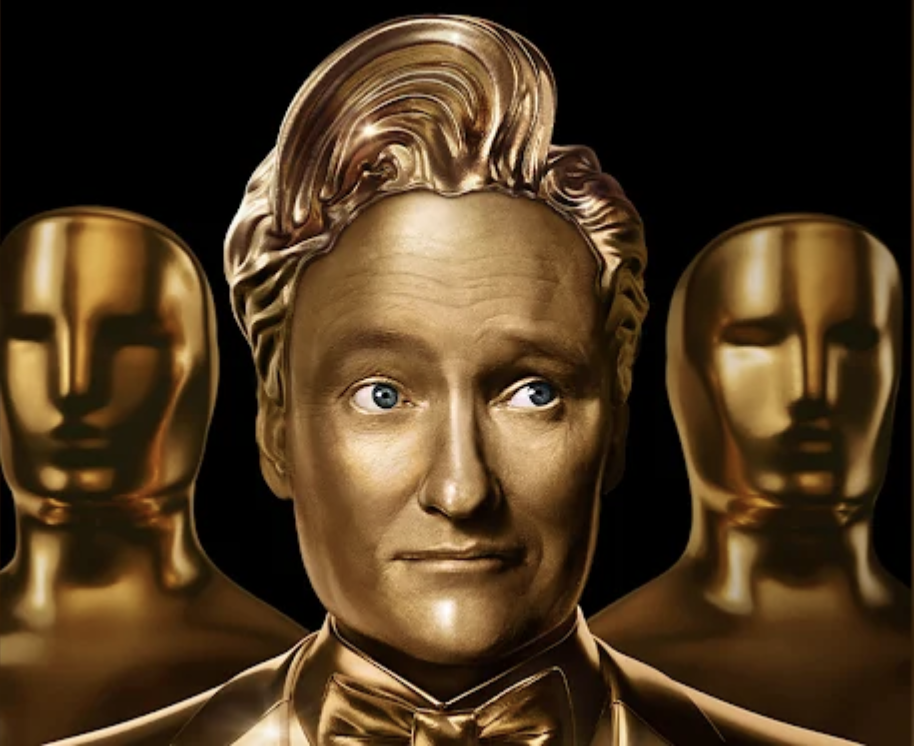The premise of Love Lies Bleeding alone is enough to cement it firmly into the canon of lesbian cult classic cinema: Kristen Stewart as a lonesome, futchy gym manager who falls hard for a hot-headed female bodybuilder in a pulpy, sexually-charged thriller released by A24. What’s not to love? Throw in themes of addiction and family trauma, some trademark A24 neon-saturated lighting, and a healthy dose of magical realism, and you’ve got yourself a sapphic hit on your hands. The film’s promotion promised its audience enough thirst-edit material to last a lifetime; clips of Kristen Stewart doing sweaty pull-ups and giving interviews about the importance of specificity in sex scenes flooded my Instagram ads. Clearly Love Lies Bleeding knows its audience, joining films like Bottoms in its marketing which advocated for lesbian cinema that is horny, violent, outrageous, and fun. The cottagecore era of quiet lesbian period pieces is over, the film’s director, Rose Glass, seems to be announcing. If action-packed, gory romances like this are here to replace it, I won’t be complaining.
Ironically enough, the film begins with a montage focused exclusively on the male body. Pecs ripple and biceps flex as the story opens on a training gym circa 1989. The lighting is yellow and slightly nauseating. Mounted on the walls, a series of motivational signs proclaim belligerently encouraging adages such as “No pain, no gain.” Amidst this sea of sweat and testosterone is Lou — the down-on-her-luck manager played by Stewart who spends her days unclogging toilets and warding off advances from Daisy (Anna Baryshnikov), her methmouthed and eager admirer.
Not a moment too soon, Jackie (Katy O’Brian) arrives in town. She’s on her way to a bodybuilding competition in Vegas which she is desperate to win, with no plan as to what comes after. The two have sex after an erotically-charged steroid injection scene, and Jackie is soon crashing at Lou’s place. They hardly have time to enjoy their domestic bliss before the tensions of their New Mexico small town begin to envelop them. Jackie has taken a job at a gun range owned by Lou’s estranged father (Ed Harris), who is illegally running guns over the border to Mexico. At the same time, Lou’s sister Beth, played by Jena Malone, refuses to leave her abusive husband (Dave Franco) and endures increasingly concerning injuries as a result eventually ending up in the hospital.
Glass, who happens to be British, relishes in the Americana of it all, making full use of the New Mexico landscape and regarding the small town gun nuts with a kind of wry affection. The cinematography itself is electrically charged. Flashback scenes in which Lou recollects her previous involvement with her father’s crimes are washed entirely in a vibrant red lighting which heightens the sense of thrill and danger that pervades the film.
Before long, the film descends into a certified bloodbath, reveling in its grotesque and violent elements with an earnest commitment to shocking its viewers. There is blood, sweat, vomit, and plenty of audience-indulging sex scenes to satiate the Stewartfans. Love Lies Bleeding certainly couldn’t be accused of pulling its punches, but it doesn’t exactly aim them, either. The film careens, often carelessly, between its themes of addiction, power, violence, body image, and trauma, checking off each motif with a cursory nod without actually pausing to delve any deeper. In this way, the film’s pulpiness feels more like an aesthetic choice than an actual commitment to the genre. Lou listens to cassette tapes which berate her with the dangers of smoking cigarettes, and Jackie shoots hormones until she dissolves into a psychedelic ’roid rage, but the film has little to say about addiction itself besides as a means to establish tone.
Much of this lack of depth can be attributed to the film’s script, which is muddled with lazy clichés and often feels like a first draft. The dialogue functions as more of a mechanical process by which to advance the plot than as an organic expression of each character’s relationship with one another. It doesn’t help that there is a decided lack of chemistry between the two leads which stymies any of the provocative steaminess that the film strives toward. “I f***ing love you,” proclaims Lou to Jackie at the emotional climax of the film, a sentiment which may have inspired more emotion in me as a viewer had their dynamic actually had any spark to it.
Stewart’s chaste goo-goo eyes for Robert Pattinson in Twilight were certainly more convincing — though perhaps it’s unfair to her as an actor to continue to compare her to her teenage vampire romance days. A more apt comparison might be her more recent role in David Cronenberg’s 2022 film Crimes of the Future. Cronenberg’s signature stomach-churning body horror is certainly an influence for Glass — which is apparent in Jackie’s muscles, which sometimes bulge and twitch with an exaggerated grotesqueness as if they have a mind of their own.
The film makes up for its lack of a driving ethos with its unabashed earnestness and its genuine dedication to making its audience squirm. Its characters are vivid and compelling — Anna Baryshnikov in particular shines in her role as Daisy with her off-kilter antics that nearly allow her to outshine Ed Harris as the film’s villain. Stewart successfully propels the film forward with her usual twitchy charm, though the flaws in the script are sometimes too significant for her to bridge. Whether or not Love Lies Bleeding will stick around in a meaningful way beyond as a source of screen caps for her fan pages remains to be seen. Regardless, if this film is any indication that queer cinema is tending toward a direction that is subversive, sexy, and unafraid to make bold choices, you can count me in as more than willing to come along for the ride.












